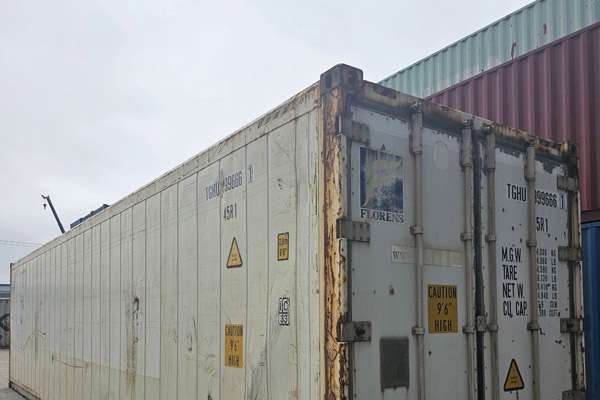In an era of globalization, the shipping industry plays a pivotal role in facilitating international trade. Among the key players in this industry, China has emerged as a dominant force, particularly in the realm of container shipping. As the world’s largest exporter and a significant importer, China’s container policy has profound implications not only for its own economy but also for global trade dynamics. This article explores China’s container policy from an international perspective, highlighting the delicate balance it strikes between cooperation and competition.
China’s ascent in the container shipping sector can be traced back to its economic reforms in the late 20th century. The establishment of Special Economic Zones (SEZs) and the modernization of its port infrastructure facilitated a remarkable increase in container throughput. Major ports such as Shanghai, Ningbo, and Shenzhen have become global shipping hubs, handling millions of TEUs (twenty-foot equivalent units) annually. This growth is not merely a result of domestic demand; it is also a response to international trade patterns that have increasingly favored containerized shipping due to its efficiency and cost-effectiveness.
The Chinese government has implemented a multi-faceted policy framework that supports the development of its container shipping industry. This framework includes investments in port infrastructure, the promotion of shipping enterprises, and the establishment of trade agreements with other nations. The “Belt and Road Initiative” (BRI) exemplifies China’s approach to enhancing connectivity and trade routes globally. Through this initiative, China aims to build a network of trade partnerships that facilitate smoother logistics and increase the flow of goods across borders.
China’s container policy emphasizes international cooperation in several ways. First, it actively engages in multilateral trade agreements and forums, such as the World Trade Organization (WTO) and regional trade pacts. These platforms allow China to foster relationships with other countries, reducing trade barriers and promoting smoother shipping operations.
Additionally, China has invested in port development projects in various countries, particularly in developing regions. By building and upgrading ports, China not only enhances its own shipping routes but also helps host countries improve their trade capabilities. This collaborative approach has led to improved infrastructure and increased trade volumes, benefiting all parties involved.
Moreover, China’s shipping companies, such as COSCO Shipping and China Merchants, have formed alliances with international shipping lines. These partnerships enable them to share resources, optimize routes, and reduce operational costs, ultimately leading to enhanced service quality for global customers.

While cooperation is a significant aspect of China’s container policy, competition cannot be overlooked. The growth of China’s shipping industry has sparked concerns among other nations, particularly as Chinese companies expand their influence in global shipping markets. The competition is most evident in strategic routes such as those connecting Asia, Europe, and North America.
Chinese shipping companies have adopted aggressive pricing strategies and expanded their fleets, leading to increased market share. This competitive edge has raised alarms in countries like the United States and members of the European Union, who view China’s dominance in container shipping as a potential threat to their own shipping industries.
Furthermore, the technological advancements in China’s shipping sector have positioned it at the forefront of the global industry. Innovations such as automated ports, smart logistics systems, and the integration of artificial intelligence for route optimization enhance efficiency and reduce costs, giving Chinese companies a competitive advantage.
The challenge for China lies in balancing its cooperative efforts with the competitive nature of the global shipping industry. While fostering international partnerships is crucial for sustaining its growth, China must also navigate the geopolitical tensions that arise from its expanding influence. The challenge is to maintain open lines of communication and collaboration while addressing the concerns of other nations regarding market fairness and competition.
China could benefit from adopting a more transparent approach to its shipping practices, ensuring that its policies align with international standards. By promoting fair competition and engaging in dialogue with other countries, China can alleviate fears and build trust, ultimately strengthening its position in the global shipping market.
China container policy represents a complex interplay of cooperation and competition in the international shipping arena. As the country continues to assert its dominance in the container shipping sector, it must remain mindful of the global landscape and the reactions of other players. By striking a balance between collaboration and competitive strategies, China can enhance its role as a key player in global trade while contributing to a more interconnected and cooperative international shipping environment. Ultimately, the future of China’s container policy will depend on its ability to navigate these dynamics effectively, ensuring that it remains a driving force in the global economy while fostering sustainable and equitable trade practices.


